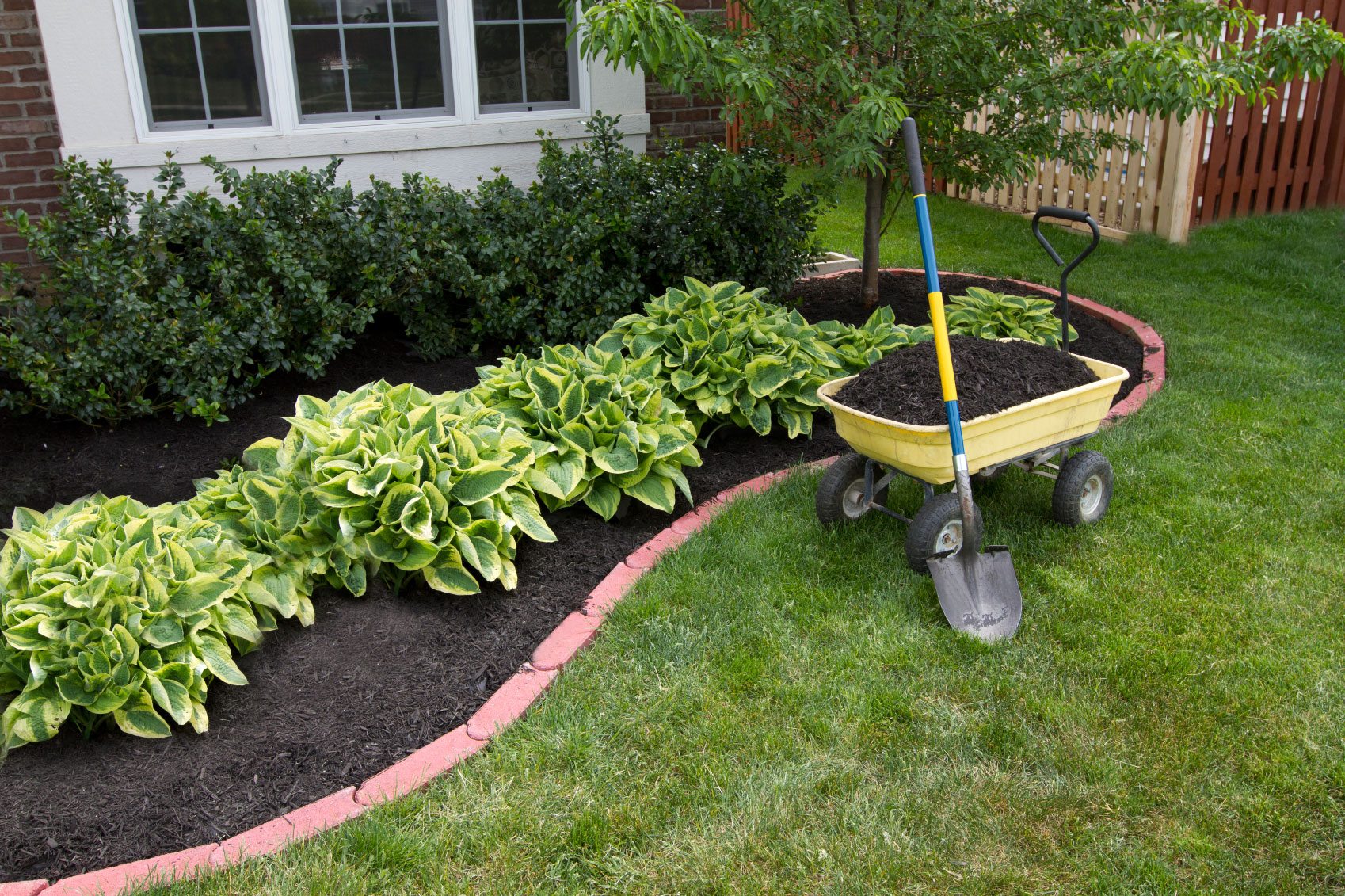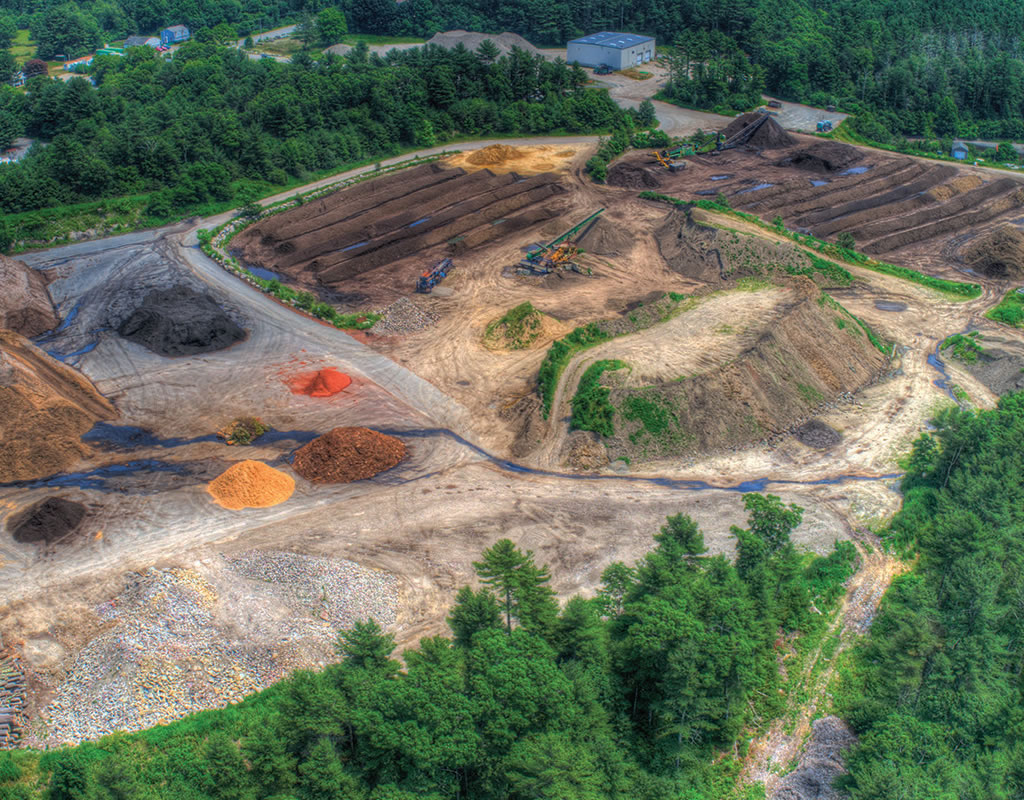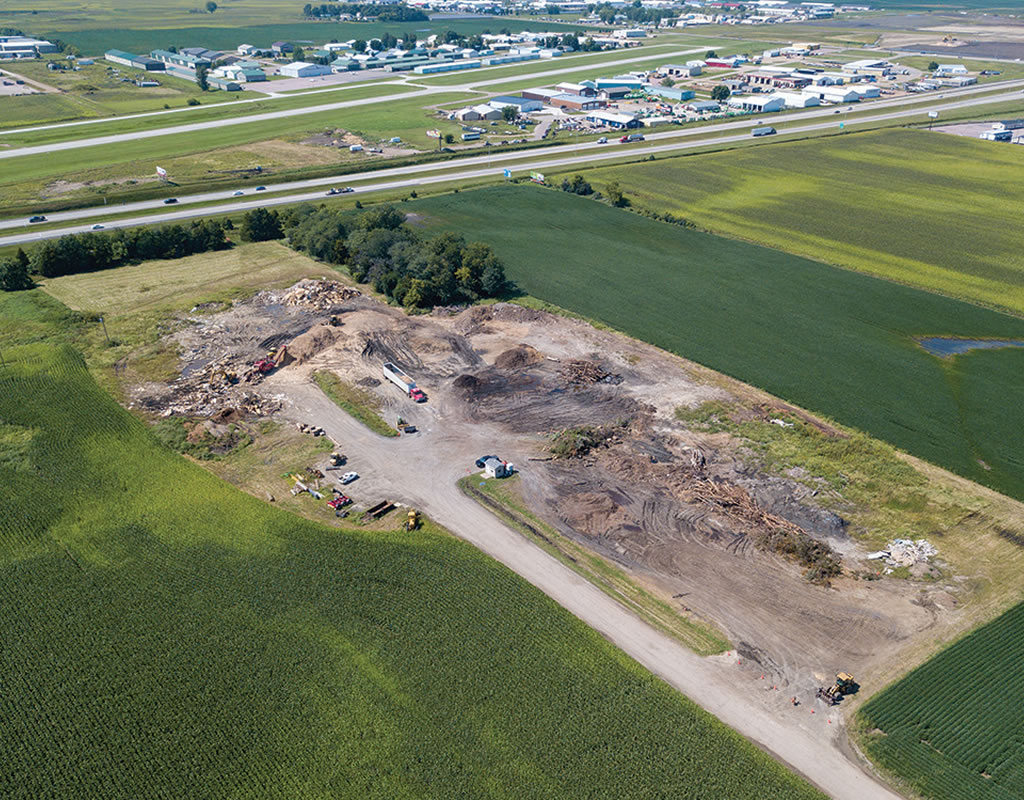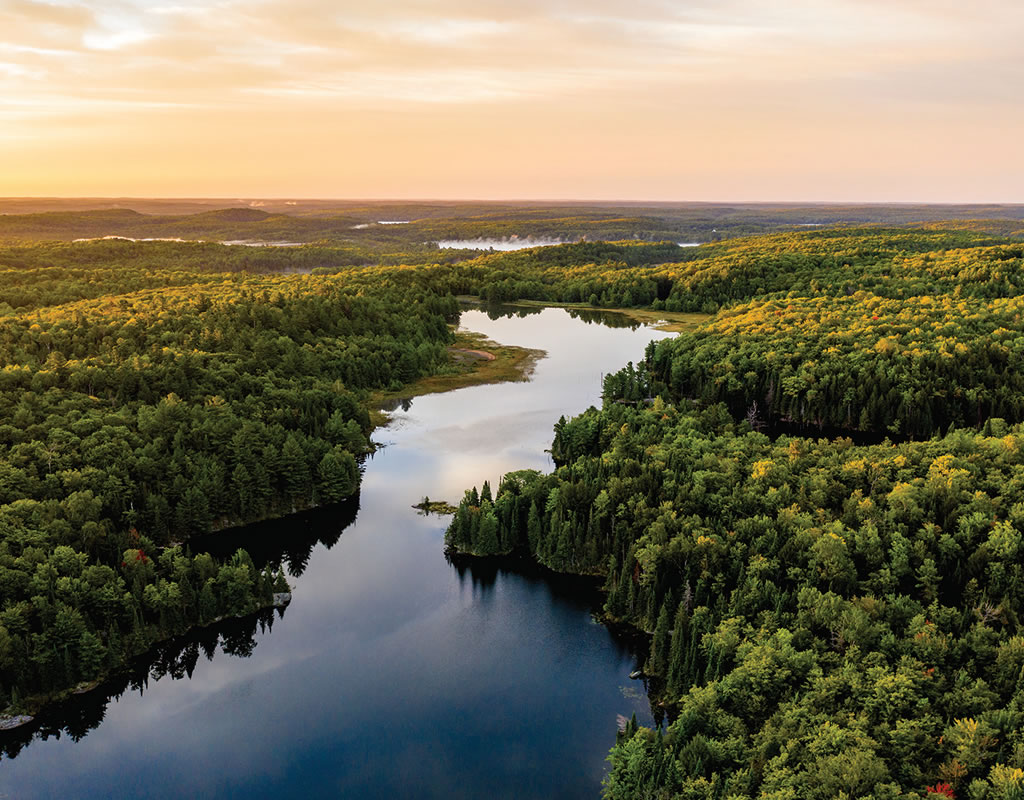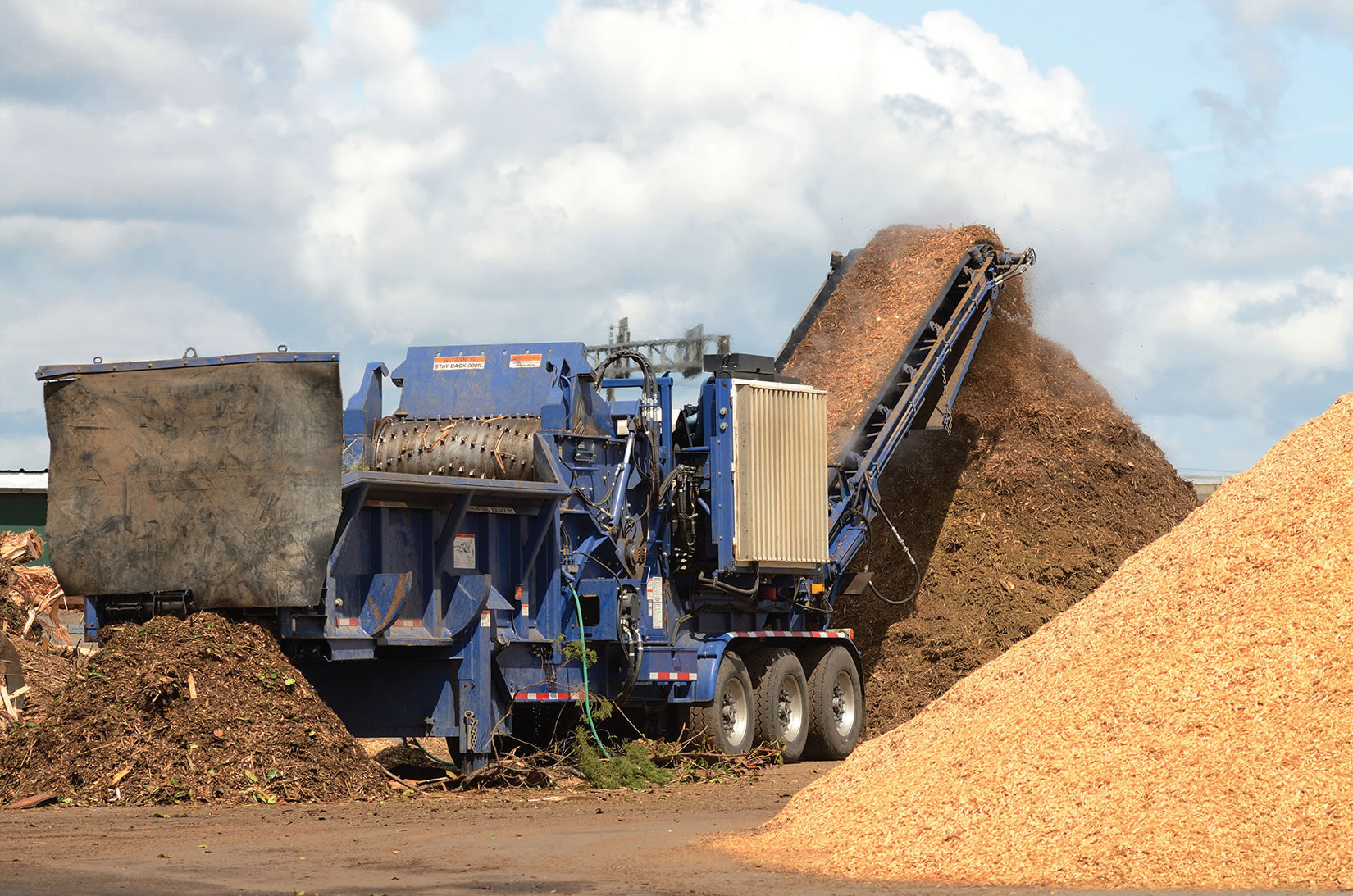By P.J. Heller
Their business may be going to pot, but that is fine with Jonathan Lee and Garrett Rodewald.
The co-founders of Gaiaca Waste Revitalization in California are among a growing group of entrepreneurs who are capitalizing on the need for companies to manage burgeoning amounts of cannabis waste.
“Somewhere right now, there’s a state talking about legalization; updating rules and regulations; and preparing to issue licenses to cultivation facilities, processing operations and dispensaries,” says Rich Thompson, managing partner of TEC, writing in Waste Dive. “All of this activity creates new opportunities for waste and recycling service providers to find ways to work within those complex local systems.”
Marijuana is currently legal in 11 states for adults over the age of 21 and legal for medical use in 33 states. Colorado was the first state to legalize pot in 2012.
Nationwide, sales of recreational and medical marijuana are expected to top $15 billion in 2020, up about 40 percent from the previous year. In 2019, recreational marijuana sales in Colorado topped $1.4 billion, a 16 percent increase over one year earlier. There are more than 1,000 licensed cannabis retailers throughout the Rocky Mountain state. In California, licensed pot sales in 2019 topped $3 billion, about a 23 percent increase over 2018, the first year of licensed cannabis sales in the state (black market sales were estimated to be $8.7 billion in 2019).
With those sales comes something more than just a high. There is also a high — make that huge —amount of waste, with estimates of more than 1 million tons of cannabis and hemp waste generated annually in North America.
“As the cannabis industry continues to prosper, the problem with regards to the cannabis wastes is also growing exponentially, giving cannabis companies a real headache,” according to Gaiaca.
Rodewald, the chief operating officer at Gaiaca, estimates that for every pound of finished cultivated product, at least one pound of waste is generated.
Cannabis waste is any non-hazardous material that either contains cannabis or that has made contact with cannabis. That waste can include plant stems, leaves, trimmings, extracts, oils and packaging materials. Hazardous cannabis waste can include material spent organic solvents and refining chemicals, used reactants, compressed gases or aerosols, bulk or residual fertilizers, cleaning solutions, and universal wastes such as mercury-containing lighting, ballasts and batteries.
Gaiaca Waste Revitalization claims to be the nation’s first licensed cannabis waste disposal company. The company was started in 2016 “to create a sustainable solution for the quickly growing cannabis waste concern in California.”
“Sustainability is the motive and objective for a majority of cannabis operators. It’s something that they strive toward. But a lot of these cannabis operators don’t even know that there are recycling options for their cannabis waste,” Lee said in a recent interview.
California requires that any business involved in cannabis activities must properly manage and dispose of its cannabis waste. Typically, that will be done by landfilling, composting, anaerobic digestion or incineration. California, like Colorado, requires that all cannabis by-product must be properly rendered “unusable and unrecognizable.”
“The plants and products must be rendered unusable and unrecognizable,” according to the Colorado Department of Public Health and Environment. “This must be accomplished by grinding or compacting the marijuana waste and incorporating it with any non-consumable, solid wastes . . . The resulting mixture must be at least 50 percent non-marijuana waste and such that a resulting mixture cannot easily be separated and sorted.”
Once completed, the waste can be disposed of at a solid waste site, deposited at a compost facility or composted on-site at a facility owned by the generator of the waste.
The Massachusetts Department of Environmental Protection (MassDEP), meantime, bans disposal of cannabis plant material, which it considers “commercial organic material,” if a business generates 1 ton or more per week for disposal.
“If a marijuana establishment generates 1 ton or more of commercial organic material per week for disposal, it would need to divert this material from disposal, typically to a compost or anaerobic digestion operation,” state officials advise. “If a marijuana establishment generates less than 1 ton of plant material per week, the material may be disposed of in the trash, although MassDEP still encourages this material to be composted where possible
Lee, the chief executive officer of Gaiaca, estimates his company has composted 5 million pounds of cannabis waste, most of it from plant waste. That cannabis waste is blended with ag waste and goes through a two-week fermentation process. The resulting material is donated to landscapers and community gardens and provided to researchers studying the how soil containing cannabis waste affects the growing of produce.
Gaiaca, headquartered in Gonzales, CA, utilizes a 30-acre compost facility for non-hazardous cannabis waste. Waste that cannot be composted is used for fuel blending which can then be burned to create energy, according to Maria Espinoza, director of business development at Gaiaca. The company recently opened another office in Los Angeles and has plans for a location in New York. It also serves clients in Nevada, Florida and Arizona.
Espinoza says Gaiaca in 2018 launched the nation’s first vape pen recycling program. More than 3 million pens and cartridges have been recycled, she reports.
Cannabis waste disposal companies offer customers various service options, from a membership subscription plan to one-off pickups.
States have varying regulations and departments to oversee the cannabis industry. In California, the industry falls under the Bureau of Cannabis Control within the Department of Consumer Affairs, the Manufactured Cannabis safety Branch housed in the Department of Public Health and CalCannabis Cultivation Licensing within the Department of Food and Agriculture. Each agency has its own set of regulations with different waste management requirements.
In Colorado, cannabis operators have to answer to the Marijuana Enforcement Division in the Department of Revenue and the Department of Public Health and Environment. There are also myriad regulations by local city and county jurisdictions with which to deal.
Gaiaca and other cannabis waste disposal companies say their services can help the industry navigate the regulatory maze, allowing cannabis operators to concentrate on their business.
“Make no mistake,” warns Cannabis Waste Recycling in Santa Ysabel, CA. “Whether you call it weed, cannabis, or plain medical marijuana, it and its byproducts must be properly disposed of. Discarded cannabis or cannabis products in the wrong hands can signal unwanted problems for your business.”
“Regulatory compliance can be confusing and unclear, especially in a new, burgeoning industry such as cannabis, making regulatory compliance of utmost importance,” Gaiaca adds. “Having serviced all facets of the industry from cultivators, manufacturers, distributors, retailers and testing labs, we have the solutions to make the regulatory compliance an easy and clear process. We handle all the hard work with cannabis waste, so operators can focus on what they do best.”
EcoWaste in Southern California makes a similar pitch.
“Cannabis waste is a discussion that most operators don't know they need to have,” the company says. “We aim to educate the cannabis industry with the right knowledge and provide a solution that is effective and embraces the regulations.”
Demand for cannabis waste disposal is only expected to increase in the years ahead as demand for weed grows and as more states consider legalizing pot. Predictions are that cannabis sales could top more than $37 billion by 2024, according to the Marijuana Business Factbook.
“Cannabis waste disposal has become a viable business,” Gaiaca officials say. “As the number of dispensaries, testing labs, distributors, retailers, manufacturers, cultivators, and cannabis handlers acknowledge the benefits of working with a certified cannabis waste disposal company increases, more and more investors are also getting interested in opening their own waste disposal company. This is made evident by the growing number of new businesses offering a wide range of cannabis waste disposal solutions in California.”
Related News
Subscribe Today
Every other month, Soil & Mulch Producer
News brings you important stories about:
• New Technology
• Products
• Industry News
• Research Studies
Soil & Mulch Producer News features articles and services relevant to your daily operations.






